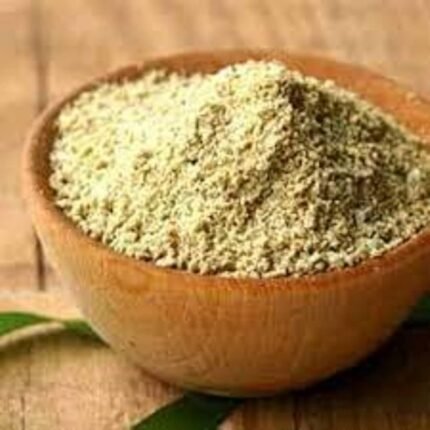
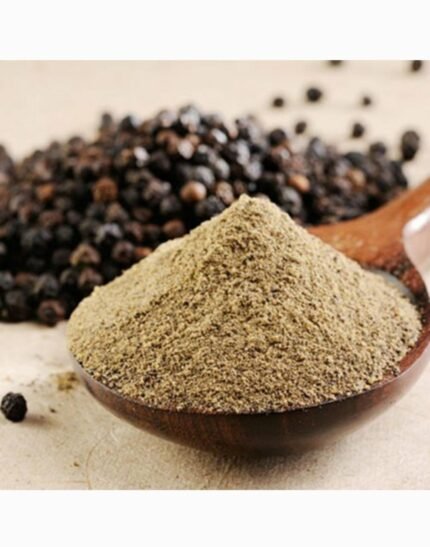
Ginger Extract Powder
₹700.00 Original price was: ₹700.00.₹640.00Current price is: ₹640.00.
Ginger (Zingiber officinale) ranks among the most popular spices and medicinal herbs worldwide. Its roots trace back over 5,000 years to ancient China and India, where it has been revered for its diverse health benefits and culinary uses.
Ginger extract powder, obtained from the rhizome of the ginger plant, captures many of the advantageous properties of fresh ginger while offering a convenient option for consumption. This detailed overview will delve into the origins, composition, health benefits, applications, and potential side effects of ginger extract powder.
Ginger Extract Powder: A Comprehensive Overview
Introduction
Ginger (Zingiber officinale) is one of the most widely used spices and medicinal herbs around the world. Its origins can be traced back over 5,000 years to ancient China and India, where it has been celebrated for its numerous health benefits and culinary versatility. Ginger extract powder, derived from the rhizome of the ginger plant, retains many of the beneficial properties of fresh ginger while providing a convenient form for consumption. This comprehensive overview will explore the origins, composition, health benefits, uses, and potential side effects of ginger extract powder.
What is Ginger?
Botanical Background
Ginger is a flowering plant belonging to the family Zingiberaceae. The rhizome, commonly referred to as ginger root, is the part of the plant that is harvested and used for culinary and medicinal purposes. The ginger plant can grow up to three feet tall, producing narrow leaves and flowering spikes that can reach up to six inches in length. The rhizome has a distinct, spicy flavor that is both aromatic and pungent, making it a popular ingredient in various cuisines worldwide.
Historical Significance
Ginger has been utilized for its medicinal properties since ancient times. In traditional Chinese medicine, it is known as a warming herb that can help to dispel cold and promote circulation. In Ayurveda, ginger is considered a universal medicine, used to aid digestion, reduce inflammation, and enhance overall vitality. Its historical significance is reflected in its widespread use across cultures, from ginger tea in Asian households to gingerbread in Western baking traditions.
Nutritional Composition of Ginger Extract Powder
Ginger extract powder is rich in bioactive compounds that contribute to its numerous health benefits. The primary constituents of ginger include:
Gingerols: The most significant bioactive compounds in ginger, gingerols are responsible for its characteristic flavor and aroma. They possess anti-inflammatory and antioxidant properties, making them beneficial for various health conditions.
Shogaols: These compounds are formed from gingerols during the drying and heating process of ginger. Shogaols are known for their potent anti-inflammatory effects and are particularly beneficial for digestive health.
Essential Oils: Ginger contains volatile oils, including zingiberene, beta-bisabolene, and other compounds that contribute to its aroma and therapeutic properties.
Vitamins and Minerals: Ginger extract powder contains trace amounts of vitamins such as vitamin C, B vitamins, and minerals like magnesium, potassium, and manganese.
Dietary Fiber: While ginger is not a significant source of fiber, it does contain some soluble and insoluble fiber that can aid digestion.
Health Benefits of Ginger Extract Powder
Anti-Inflammatory Properties
Ginger extract powder is renowned for its anti-inflammatory effects. The gingerols and shogaols in ginger can inhibit the production of pro-inflammatory cytokines and enzymes, making it beneficial for conditions characterized by inflammation, such as arthritis and inflammatory bowel disease (IBD). Regular consumption of ginger may help reduce pain and swelling in affected areas, improving overall joint function and mobility.
Digestive Health
Ginger has been used for centuries to alleviate digestive issues. It can help reduce nausea, bloating, and indigestion. Ginger extract powder stimulates the production of digestive enzymes, promoting better digestion and nutrient absorption. It is particularly effective in relieving morning sickness during pregnancy and chemotherapy-induced nausea. Ginger may also help alleviate symptoms of irritable bowel syndrome (IBS) by promoting gut motility and reducing inflammation in the digestive tract.
Antioxidant Effects
The antioxidant properties of ginger extract powder help protect the body from oxidative stress caused by free radicals. Gingerols and shogaols have been shown to scavenge free radicals and reduce lipid peroxidation, which can lead to chronic diseases such as cancer and heart disease. By neutralizing these harmful compounds, ginger may play a role in reducing the risk of developing chronic conditions and supporting overall health.
Immune System Support
Ginger extract powder can boost the immune system due to its antimicrobial and anti- inflammatory properties. Regular consumption of ginger may help enhance the body’s defenses against infections and illnesses. Its warming effects may also promote circulation and improve overall vitality, making it an excellent addition to wellness practices, especially during cold and flu seasons.
Pain Relief
Ginger has been used traditionally as a natural pain reliever. Research suggests that ginger extract powder can help reduce muscle pain, menstrual cramps, and headaches. Its anti- inflammatory properties may contribute to its efficacy in alleviating pain and discomfort, providing a natural alternative to over-the-counter pain medications.
Cardiovascular Health
Ginger extract powder may support cardiovascular health by helping to lower blood pressure, reduce cholesterol levels, and improve circulation. Some studies suggest that ginger can inhibit platelet aggregation, reducing the risk of blood clots and cardiovascular events. Its antioxidant properties also contribute to heart health by reducing oxidative stress and inflammation within the cardiovascular system.
Blood Sugar Regulation
Research indicates that ginger extract powder may help regulate blood sugar levels and improve insulin sensitivity. Some studies suggest that ginger supplementation can lead to significant reductions in fasting blood sugar levels and HbA1c (a marker of long-term blood sugar control) in individuals with type 2 diabetes. This effect may be attributed to ginger’s ability to enhance glucose uptake in cells and improve overall metabolic function.
Weight Management
Ginger extract powder may aid in weight management by promoting thermogenesis and fat oxidation. Some studies suggest that ginger can increase metabolic rate and help regulate appetite, leading to reduced calorie intake and improved weight loss outcomes. Its anti- inflammatory properties may also support a healthy metabolism, further aiding weight management efforts.
Respiratory Health
Ginger’s anti-inflammatory and antimicrobial properties make it beneficial for respiratory health. It can help relieve symptoms of respiratory infections, such as sore throat, cough, and congestion. Ginger extract powder may also support lung function and reduce inflammation in the airways, making it helpful for individuals with asthma or chronic obstructive pulmonary disease (COPD).
How to Use Ginger Extract Powder
Ginger extract powder is a versatile ingredient that can be incorporated into various recipes and wellness practices. Here are some common methods of using ginger extract powder:
Culinary Uses
Ginger extract powder can be used in cooking and baking to add flavor and health benefits. It can be added to:
Smoothies: Blend ginger powder into smoothies for a spicy kick and nutritional boost.
Soups and Stews: Add ginger powder to soups and stews for warmth and flavor.
Baked Goods: Incorporate ginger powder into muffins, cookies, and breads for a delightful taste.
Spice Blends: Mix ginger powder with other spices to create your own spice blends for seasoning meats and vegetables.
Ginger Tea
Ginger tea is a popular way to enjoy the benefits of ginger. To make ginger tea using ginger extract powder:
Boil Water: Bring water to a boil in a pot.
Add Ginger Powder: Add 1-2 teaspoons of ginger extract powder to the boiling water.
Steep: Allow the mixture to steep for 5-10 minutes.
Strain and Serve: Strain the tea and serve hot. You can add honey, lemon, or other herbs for added flavor.
Supplements
Ginger extract powder is available in capsule or tablet form as a dietary supplement. These forms provide a convenient way to ensure consistent intake of ginger’s health benefits.
Follow the manufacturer’s recommended dosage for optimal results.
Recommended Dosage
The appropriate dosage of ginger extract powder can vary based on individual needs and health goals. However, general guidelines suggest:
Ginger Extract Powder: 1 to 3 grams (about 1/2 to 1 teaspoon) per day, either mixed into food or taken in supplement form.
Ginger Tea: 1 to 2 teaspoons of ginger powder per cup of boiling water, consumed 1- 3 times per day.
It is advisable to consult with a healthcare professional before starting ginger extract powder, especially if you are pregnant, breastfeeding, or taking medications.
Potential Side Effects
While ginger extract powder is generally considered safe for most individuals, some potential side effects and considerations include:
Gastrointestinal Distress
Some people may experience mild gastrointestinal issues, such as heartburn, diarrhea, or stomach upset, when consuming ginger extract powder. Starting with a lower dose and gradually increasing it can help minimize these effects.
Allergic Reactions
Although rare, some individuals may have allergic reactions to ginger. Symptoms may include itching, rash, or difficulty breathing. If you experience any of these symptoms, discontinue use and seek medical attention.
Drug Interactions
Ginger may interact with certain medications, particularly blood thinners, anticoagulants, and medications for diabetes. It is essential to consult a healthcare provider if you are on medication before using ginger extract powder.
Pregnancy and Breastfeeding
While ginger is commonly used to alleviate nausea during pregnancy, high doses should be avoided. Pregnant women should consult with their healthcare provider before using ginger extract powder to ensure safety.
Cultivation and Harvesting of Ginger
Growing Conditions
Ginger is a tropical plant that thrives in warm, humid climates. It prefers well-drained, loamy soils rich in organic matter. Ginger requires full sunlight to partial shade for optimal growth.
Propagation
Ginger is typically propagated through rhizomes, which are pieces of the mature plant’s root. When planting, choose healthy rhizomes with visible buds. These can be planted directly into the soil, preferably during the warm season.
Harvesting
Ginger is usually harvested about 8-10 months after planting

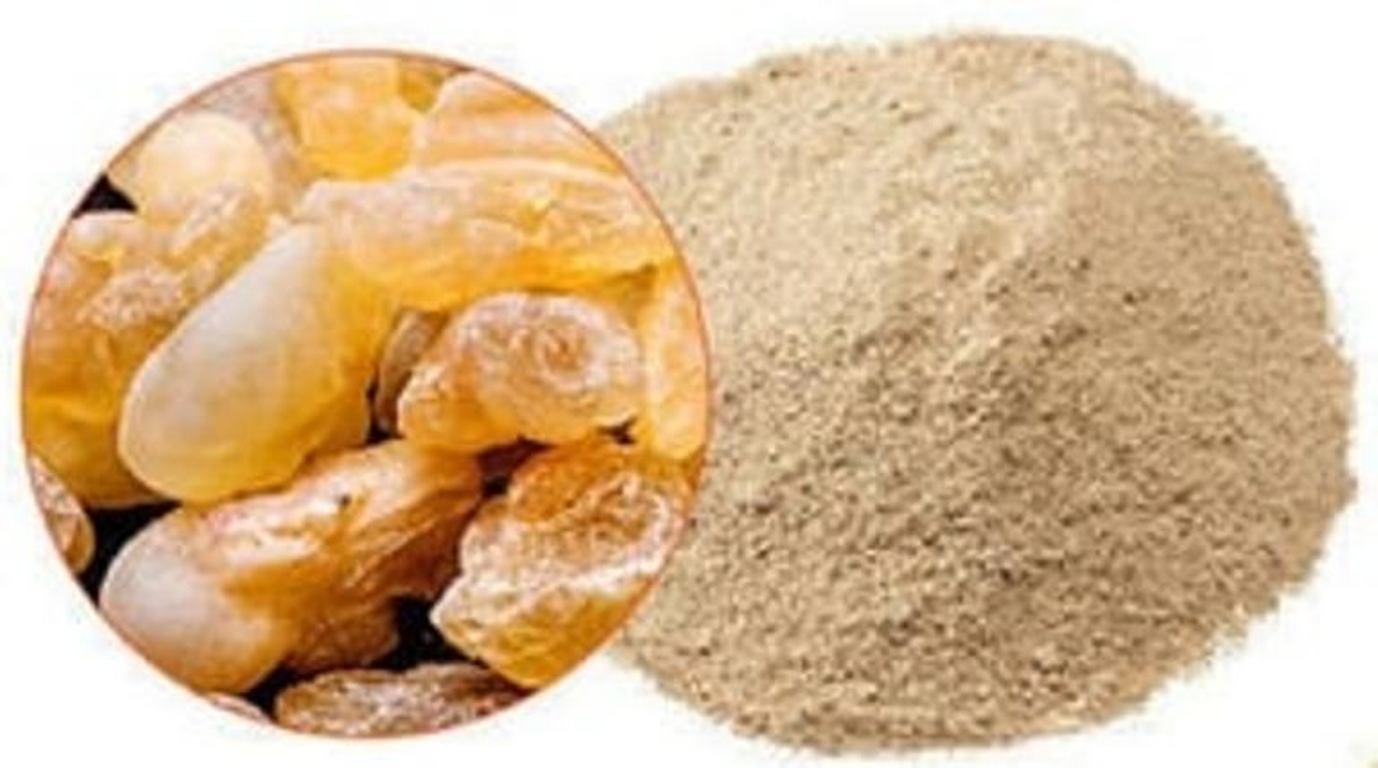
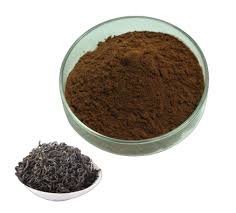
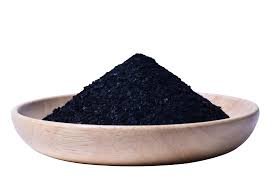
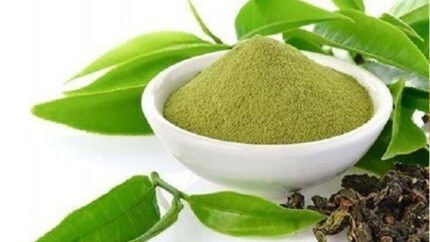
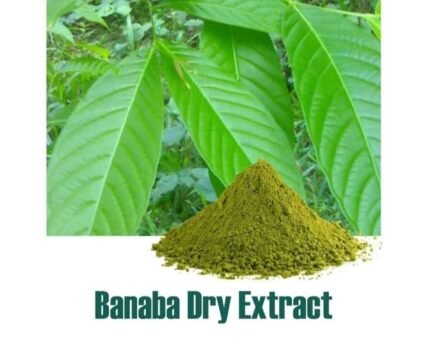
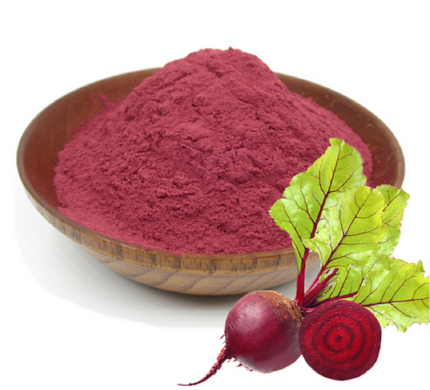
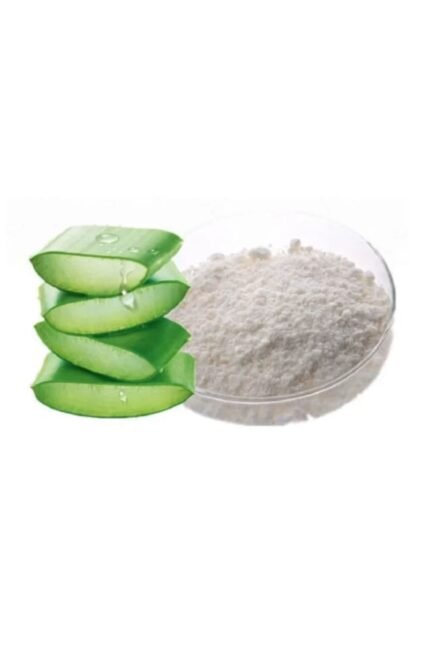
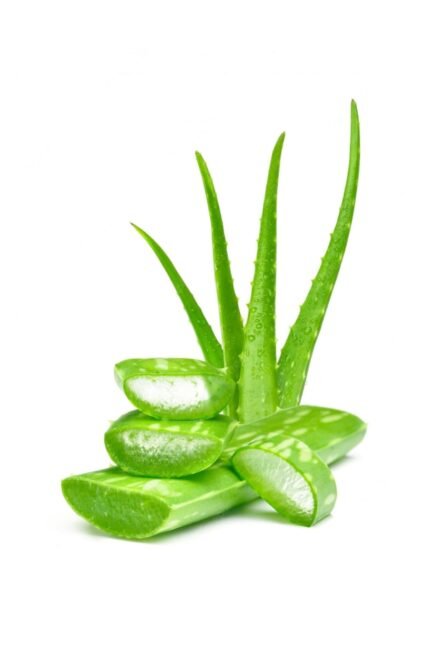
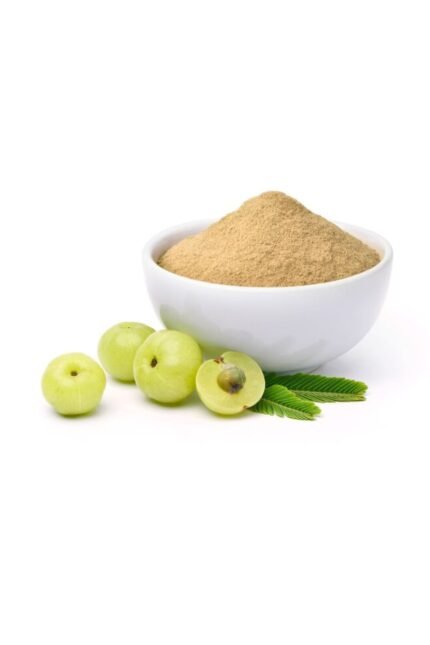

Reviews
There are no reviews yet.